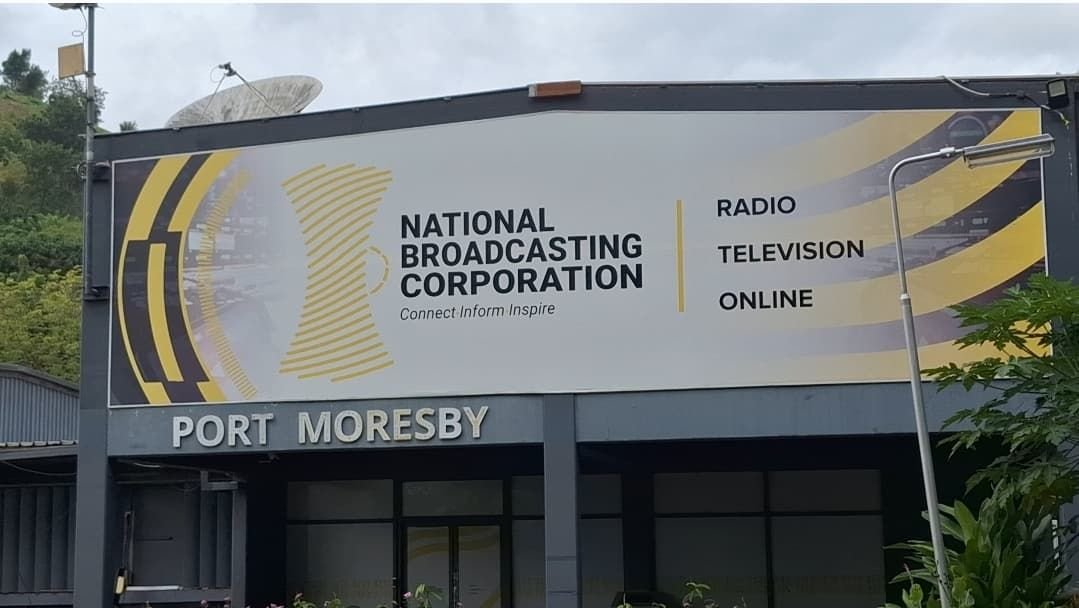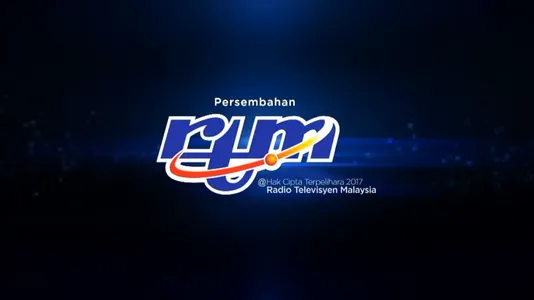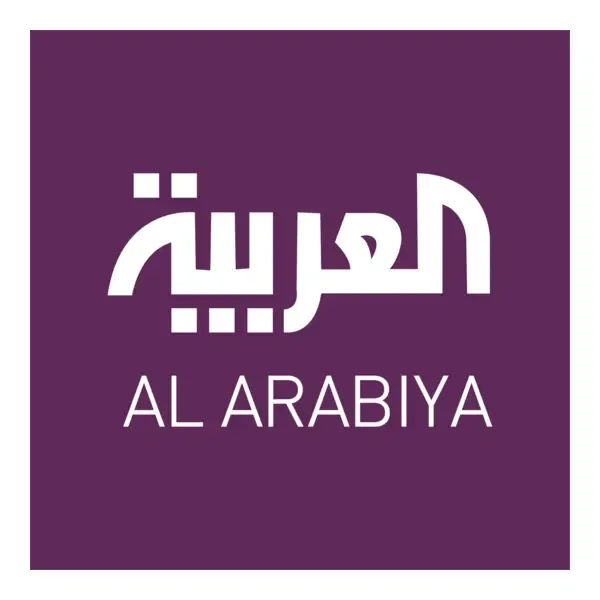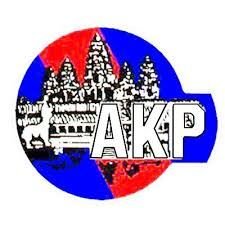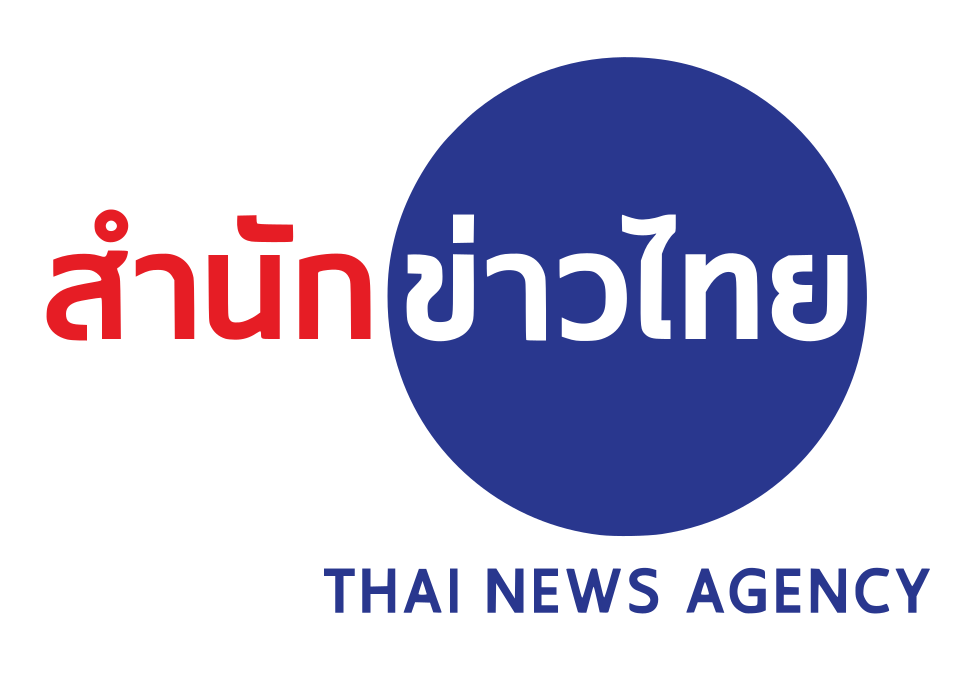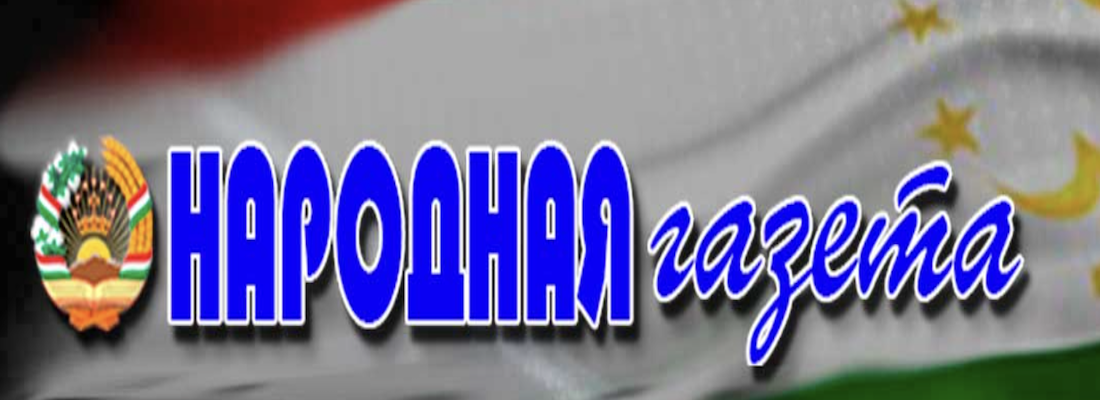National Broadcasting Corporation
The National Broadcasting Corporation of Papua New Guinea (NBC PNG) is the country’s state-owned broadcaster, established December 1, 1973, and headquartered in Boroko, Port Moresby. The corporation operates two national radio stations—NBC Radio (90.7 FM and 585 AM) and Tribe 92FM (92.3 FM), which targets younger audiences—along with NBC TV, launched September 16, 2008. NBC is a member of the Asia-Pacific Broadcasting Union and maintains approximately 20 locations nationwide with 19 provincial radio stations. According to the Lowy Institute, NBC plays “a critical role in connecting and informing the nation, especially those citizens without access to other forms of communication,” though its transmission infrastructure has faced significant challenges. The broadcaster’s mission includes reflecting “the drive for national unity” and expressing “the culture, characteristics, affairs, opinions and needs of the people,” according to its official website.

